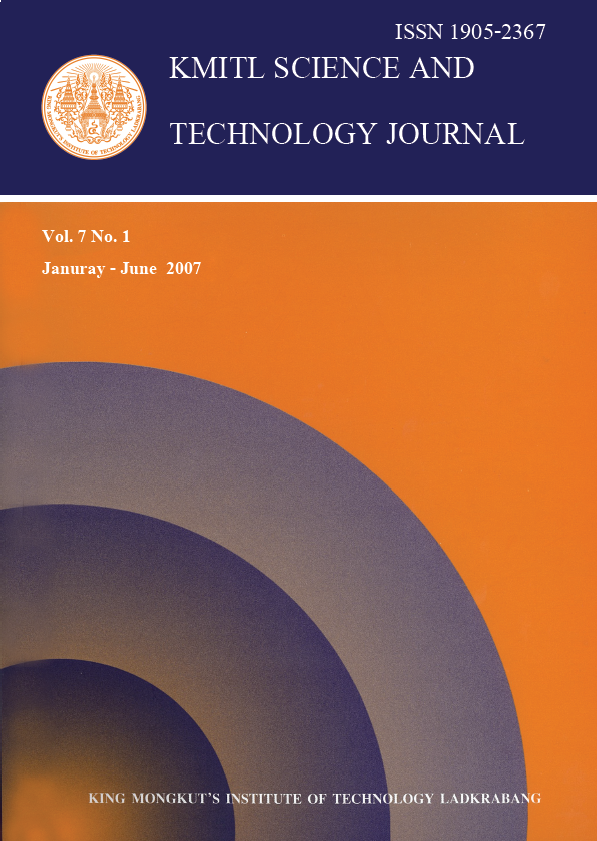Epipremnum pinnatum (L.) Engl. Chloroform extract produced significant growth inhibition against T-47D breast carcinoma cells and analysis of cell death mechanism indicated that the extract elicited both apoptotic and non-apoptotic programmed cell deaths. T-47D cells exposed to the extract produced a significant up-regulation of c-myc and caspase-3 mRNA expression levels as compared to untreated cells. The up-regulation of caspase-3 mRNA expression appeared to be mediated mainly via both protein kinase C and tyrosine kinases pathways. T-47D cells exposed to the extract at EC50 concentration (72 h) for 24 h demonstrated typical DNA fragmentation associated with apoptosis, as carried out using a DNA fragmentation detection assay. However, ultrastructural analysis using transmission electron microscope demonstrated distinct vacuolated cells, which indicated a Type II non-apoptotic cell death although the presence of cell and nuclear blebbing, apoptotic bodies and chromatin changes associated with apoptosis were also detected. The presence of non-apoptotic programmed cell death was also detected with annexin-V and propidium iodide staining. These findings suggested that up-regulation of caspase-3 and c-myc mRNA expression may have contributed to both apoptotic and non-apoptotic programmed cell death, respectively in the Epipremnum pinnatum (L.) Engl. Chloroform extract-treated T-47D cells.
Keywords: Medicinal Plant, Epipremnum pinnatum (L.) Engl., apoptotic, non-apoptotic
Corresponding author: E-mail: tanml@amdi.usm.edu.my
Lan*, T. M. ., Sulaiman, S. F. ., & Muhammad, T. S. T. . (2018). Anticancer Medicinal Plant, Epipremnum pinnatum (L.) Engl. Chloroform Extracts Elicited Both Apoptotic and Non-Apoptotic Cell Deaths in T-47D Mammary Carcinoma Cells. CURRENT APPLIED SCIENCE AND TECHNOLOGY, 24-43.
